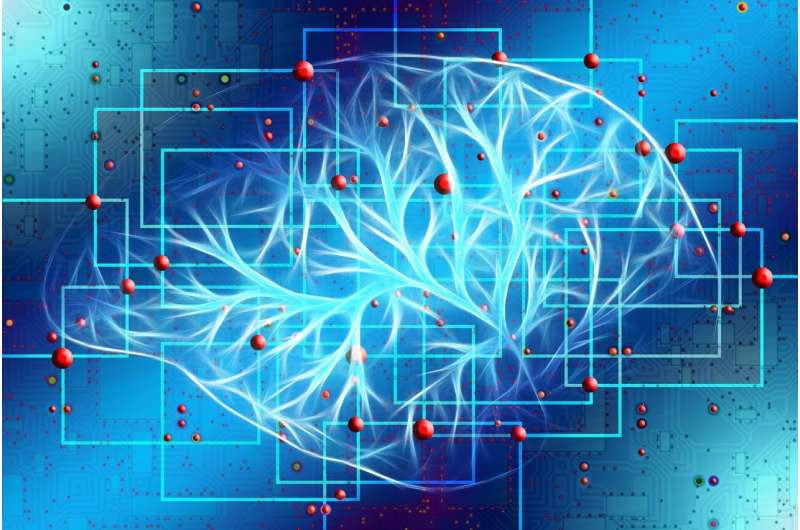Psilocybin Modulates Brain Circuits to Alleviate Chronic Pain and Depression, New Study Finds

A groundbreaking study reveals how psilocybin influences brain circuits to reduce chronic pain and depression, opening new avenues for non-addictive therapies.
Researchers from Penn Medicine have uncovered that psilocybin, the psychoactive compound found in certain psychedelic mushrooms, influences specific brain circuits associated with pain and mood regulation. This breakthrough paves the way for innovative treatments targeting chronic pain and concurrent depression. Published in Nature Neuroscience, the study highlights that a single dose of psilocybin not only reduces pain and pain-related anxiety in mice with nerve injury and inflammatory pain but also extends its benefits for nearly two weeks.
The study emphasizes that psilocybin interacts with serotonin receptors (mainly 5-HT2A and 5-HT1A), functioning like a dimmer switch that fine-tunes neural signaling rather than fully activating or blocking it. When administered directly into the anterior cingulate cortex—a brain region critical for processing pain and emotions—psilocin (the active metabolite of psilocybin) provided significant relief from pain and mood disturbances. Interestingly, injections into the spinal cord did not produce the same calming effects, suggesting that psilocybin’s therapeutic impact primarily occurs through central brain mechanisms.
This modulation of neural activity offers promising insights into developing non-opioid, non-addictive therapies for pain management. Dr. Joseph Cichon, a senior author of the study, notes that these findings could influence future research exploring treatments for other disorders involving dysregulated brain circuits, such as addiction and PTSD. However, more investigations are needed to determine optimal dosing and assess long-term effects.
While these results are encouraging, Cichon cautions that the safety, efficacy, and practicality of psilocybin therapy in surgical or anesthesia contexts require further study. The Penn team aims to explore dosing strategies and the long-term potential for brain rewiring in animal models, with the hope of translating these findings into human therapies.
Overall, this research offers a new understanding of how psilocybin can target brain pathways involved in pain and mood regulation, heralding potential breakthroughs in treating chronic pain and depression without the risks associated with opioids or addictive substances.
Stay Updated with Mia's Feed
Get the latest health & wellness insights delivered straight to your inbox.
Related Articles
Harnessing Clinician Entrepreneurs to Boost Canada's Healthcare System and Economy
Emerging clinician entrepreneurs in Canada could revolutionize healthcare delivery and contribute to economic growth. Establishing specialized programs and policy reforms are key to unlocking this potential and driving innovation within the country's health system.
Blood Glucose Levels Post-Meal as a Predictor of Longevity
New research links lower blood glucose levels after meals with increased lifespan, highlighting the importance of postprandial blood sugar management for longevity and prevention of heart disease and cancer.
Revolutionizing Pregnancy Monitoring with Wearable Devices: Detecting Abnormalities Early
Emerging research suggests that everyday wearable devices can be harnessed to monitor pregnancy health, detect hormonal changes, and identify risks early—potentially revolutionizing maternal care especially in underserved areas.
Innovative Diagnostic Test Promises Early Detection and Improved Treatment for Leptospirosis
A new diagnostic method developed by Yale researchers enables early detection of leptospirosis through identifying leptospiral VM proteins, promising better treatment options and improved global health management.



